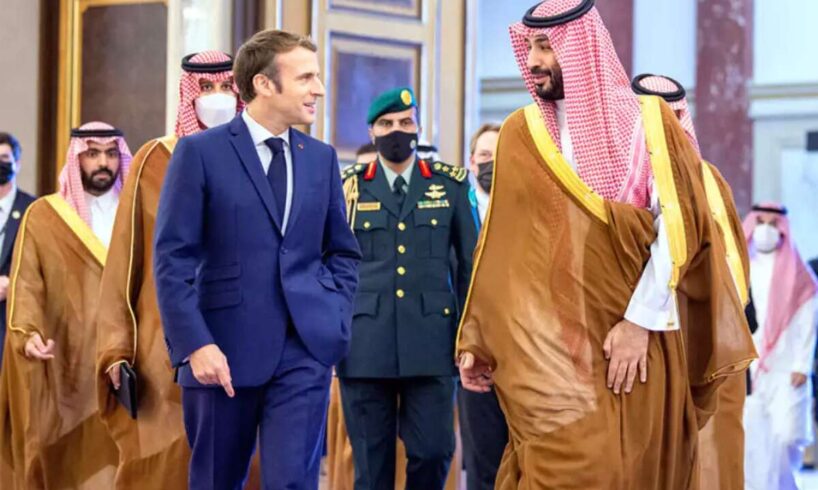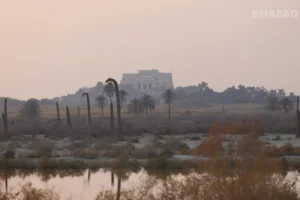
Saudi officials has welcomed Macron’s announcement to recognize a Palestinian state, but France appears unlikely to bring along key European powers such as the United Kingdom, Germany and Italy.
Starmer has so far resisted calls within his Labour Party to support unilateral recognition. Germany and Italy both criticized Macron’s timing. In an interview with La Repubblica, Meloni argued that recognition should follow a political process: “Recognizing the State of Palestine before it exists could backfire. If something nonexistent is officially recognized, people may think the problem is solved when it isn’t.”
The prevailing view in London, Berlin and Rome is that statehood recognition must be tied to the resumption of negotiations for a two-state solution, which they say cannot begin while the war in Gaza continues. While these countries support the eventual establishment of a Palestinian state, they have stressed post-October 7 conditions for any such state to be fully demilitarized.
Thus, Macron’s announcement was seen as poorly timed and, more critically, as defying strong opposition from the US. President Donald Trump dismissed Macron’s move in derisive terms, reinforcing the reluctance of European leaders who want to stay aligned with Washington.
Macron and Saudi Crown Prince Mohammed bin Salman. Photo: Reuters
Saudi Arabia has emerged as France’s discreet partner in this initiative. The two countries had planned to co-host a UN conference on Palestinian statehood in June, but the event was postponed due to the ongoing war in Iran. France, among the major European powers, has taken the most pro-Palestinian stance and seeks to lead the European approach to the Middle East. Its involvement in Lebanon and Syria, where Saudi Arabia is deeply engaged in reconstruction efforts, also plays into Riyadh’s strategic calculations. France hopes to win lucrative contracts for its firms in these postwar rebuilding projects.
Saudi diplomatic sources told this reporter that the joint efforts with France are intended to underscore Riyadh’s commitment to the Palestinian cause. They said that a recent Knesset vote on applying Israeli sovereignty in parts of the West Bank accelerated their actions.
“The coming period is critical for far-reaching changes in the Middle East, but these will not materialize without political progress for the Palestinians. Israel’s policies in the West Bank, expanding settlements and advancing a harmful sovereignty agenda, demand a political counter-response. Recognition of Palestine by a major European power is a significant step,” a Saudi source told Israel Hayom.
President Donald Trump speaks with Saudi Crown Prince Mohammed bin Salman during an arrival ceremony at the Royal Terminal of King Khalid International Airport in Riyadh, Saudi Arabia, Tuesday, May 13, 2025. Photo: AP
Before Trump’s latest visit to the Gulf, Saudi attitudes had become more openly critical of Israel, to the point of appearing to abandon normalization. However, the war in Iran and US diplomatic pressure have nudged Riyadh back toward its original framework: normalizing ties with Israel in exchange for tangible steps toward a Palestinian political solution.
Still, for much of Saudi Arabia’s leadership – especially Crown Prince Mohammed bin Salman – the Palestinian issue remains a problem to be managed en route to broader regional deals. The Saudis are skeptical of the Palestinian Authority and are demanding sweeping reforms, especially on corruption, governance, and de-radicalization in the education system. “A future Palestinian state will have to be very different from the current situation,” said a Saudi official. “To receive our support, they’ll need to demonstrate effective control and stop simply asking for more aid.”





